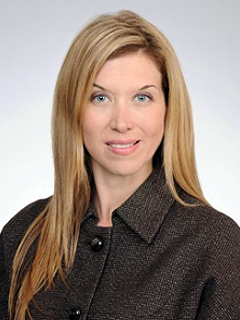California
California: Franchise Fees Included in the Sales Tax Base
In a nonprecedential decision, the California Office of Tax Appeals recently addressed whether initial franchise fees paid under a franchise agreement were subject to sales and use tax. The taxpayer entered into franchise agreements that purportedly gave its franchisees the legal right to operate one of the taxpayer’s ATMs in California and to use the taxpayer’s trademarks. In exchange for an initial franchise fee, the franchisee also received an ATM and training on the use of the ATMs, which was a mandatory prerequisite to operating the ATMs. The issue before the OTA was whether the entire initial franchise fee was subject to sales tax, or just the portion of the fee related to the transfer of tangible personal property. Under California law, when transactions involve both taxable and nontaxable components, the application of sales tax depends on whether the transaction is a bundled or mixed transaction. The test for whether a transaction is a bundled transaction is whether the tangible personal property is inextricably intertwined in a single transaction with nontaxable intangibles and/or services. The OTA determined that the initial franchise fee was payable in connection with, at a minimum, a bundled transaction for the sale of the ATM and cash cassette, and the provision of the mandatory training service. Applying the true object test, the OTA concluded that a purchaser’s true object of this bundled transaction was the ATM (tangible personal property) and not the provision of the mandatory training. The OTA noted that if the true object was to obtain the training, it would not have to be structured as a mandatory prerequisite to operating one of the taxpayer’s ATMs.
The OTA next addressed the taxpayer’s argument that a significant element of the franchise agreement was the right to operate an ATM franchise using the taxpayer’s marks. Although the agreement did not specifically allocate any value to the intangibles or specifically state that any intangible rights were provided in consideration for payment of the initial franchise fee, the OTA assumed so for purposes of the analysis. The OTA noted that California views sales of tangible personal property bundled with intangibles differently than it treats bundles of tangible personal property and services. While the true object test is applied to determine the taxability of a transaction that includes services and tangible personal property, the state’s current position (as expressed in case law) on bundled transactions involving tangible personal property and intangibles is that generally the true object test does not apply. However, at a minimum, tax would apply to a bundled transaction involving tangible personal property and intangibles if it passed either the physically useful test (i.e., the tangible property transferred was physically useful to the purchaser), or the true object test. However, the California Supreme Court has indicated that tax may apply even if the transaction does not meet either of these two tests. The OTA determined that the transfer of the ATM and the right to operate the ATM constituted a bundled transaction for intangibles and tangible personal property. The OTA further found that because the ATM is physically useful, if not essential, to the operation of a trademarked ATM business, the entire initial franchise fee was taxable, without deduction on account of the intangible elements, or the training services, transferred under the franchise agreement. Please contact Jim Kuhl with questions on Appeal of ACFN Franchised, Inc.







